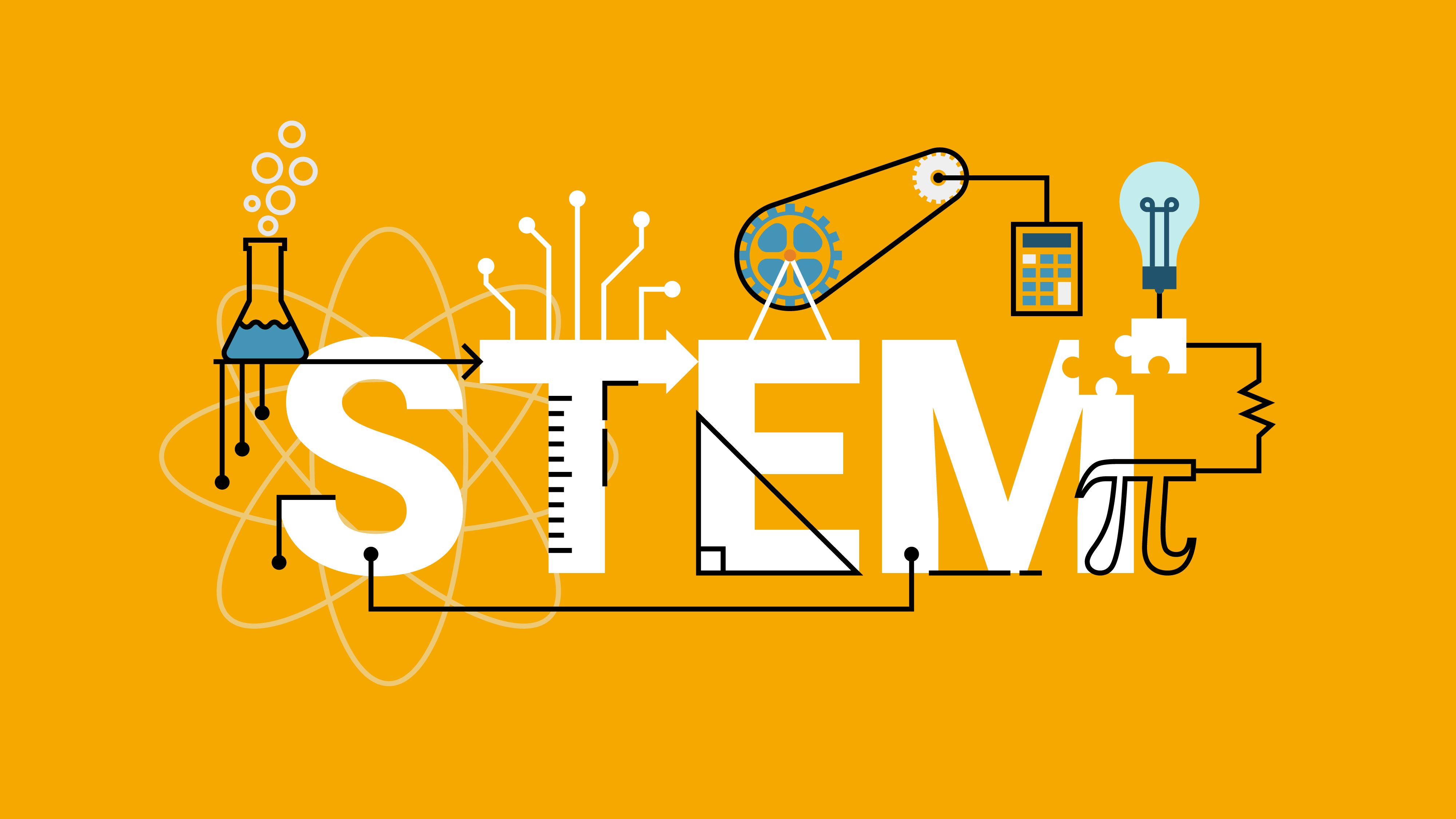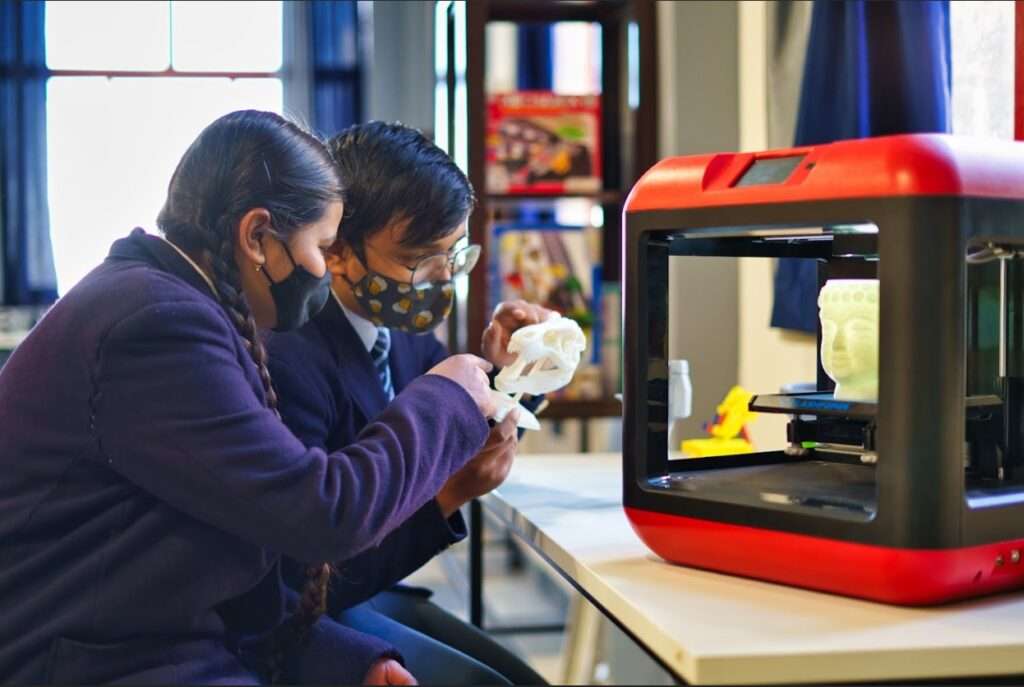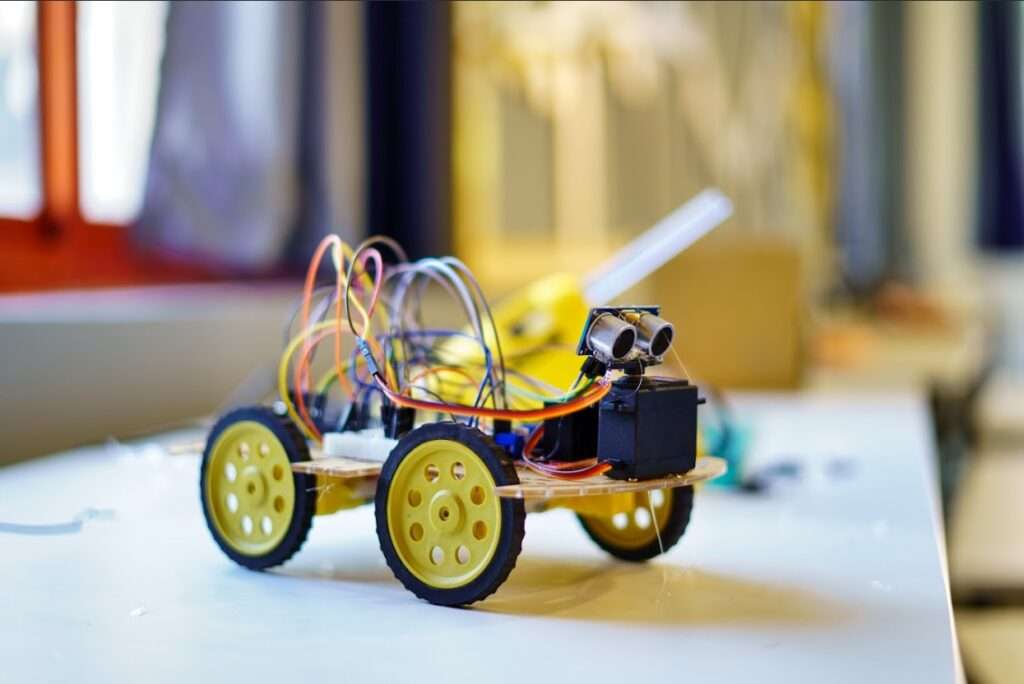Imagine a classroom buzzing with activity. Children are working together in groups, collaborating on a project to build a robot that can navigate a maze. They are laughing, talking, and helping each other out. They are also learning important lessons about empathy and emotional intelligence.
This is the power of STEM education. By teaching children how to think critically, problem-solve, and collaborate with others, STEM can help them develop empathy and emotional intelligence. These skills are essential for success in school, in the workplace, and in life.
What is Empathy?
Empathy is the ability to understand and share the feelings of another. It is a complex emotion that involves both cognitive and emotional components. The cognitive component involves being able to understand another person’s perspective. The emotional component involves being able to feel what another person is feeling.
What is Emotional Intelligence?
Emotional intelligence is the ability to identify, assess, and control one’s own emotions, as well as the emotions of others. It is a set of skills that includes self-awareness, self-regulation, social awareness, and relationship management.
How Can STEM Classes Foster Empathy and Emotional Intelligence?
There are many ways in which STEM classes can foster empathy and emotional intelligence in children. Here are a few examples:
* Teaching children to think critically. When children are faced with a challenging problem, they need to think critically and creatively to come up with a solution. This process helps them to develop empathy because they need to understand the problem from different perspectives.
* Encouraging collaboration. STEM projects often require children to work together in groups. This gives them the opportunity to learn how to communicate effectively, share ideas, and resolve conflicts. These skills are essential for developing empathy and emotional intelligence.
* Providing opportunities for emotional engagement. STEM projects can be designed to elicit emotional responses from children. For example, a project on climate change might evoke feelings of sadness or anger. By experiencing these emotions, children can learn to identify and manage them.
* Modeling empathy and emotional intelligence. Teachers who model empathy and emotional intelligence in their own classrooms can help children to learn these important skills.
* Creating a safe and supportive learning environment. Children need to feel safe and supported in order to develop empathy and emotional intelligence. Teachers can create a safe and supportive learning environment by establishing clear expectations, setting limits, and providing positive reinforcement.
The Benefits of Fostering Empathy and Emotional Intelligence in Children
There are many benefits to fostering empathy and emotional intelligence in children. These benefits include:
* Improved academic performance. Studies have shown that children who are high in empathy and emotional intelligence tend to have better academic performance.
* Stronger parent-child relationships. Children who are high in empathy and emotional intelligence are more likely to have strong and positive relationships with their parents.
* Increased emotional support. Children who are high in empathy and emotional intelligence are more likely to provide emotional support to their friends and family members.
* Better mental health. Children who are high in empathy and emotional intelligence are less likely to experience mental health problems such as depression and anxiety.
* Greater success in life. Children who are high in empathy and emotional intelligence are more likely to be successful in their careers and relationships.
STEM education is a powerful tool for fostering empathy and emotional intelligence in children. By teaching children how to think critically, problem-solve, and collaborate with others, STEM can help them develop the skills they need to understand and share the feelings of others. These skills are essential for success in school, in the workplace, and in life.
Are you ready to provide your kids a safe environment to foster their empathy and emotional intelligence?
Makersmuse offers a variety of coding courses for children of all ages. Our courses are designed to teach children how to think critically, problem-solve, and collaborate with others. We believe that these skills are essential for developing empathy and emotional intelligence.
To learn more about our coding courses, Visit our website !
















This Post Has 3 Comments
BaddieHub I really like reading through a post that can make men and women think. Also, thank you for allowing me to comment!
Thank you for your thoughtful comment! Feel free to reach out at hello@makersmuse.in for more insights.
Thank you for your thoughtful comment! If you have any questions, feel free to reach out to us at hello@makersmuse.in.